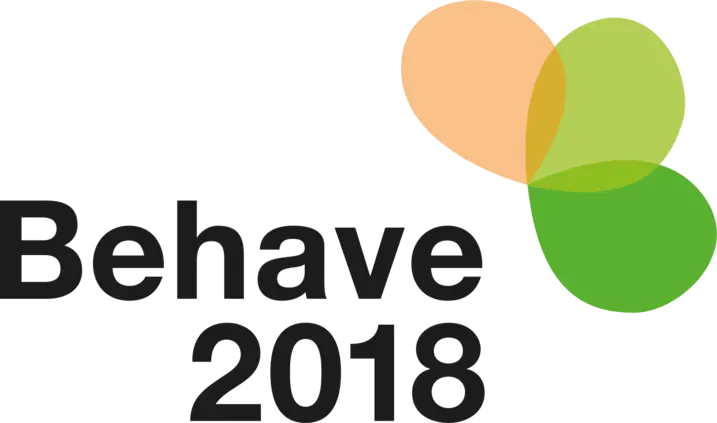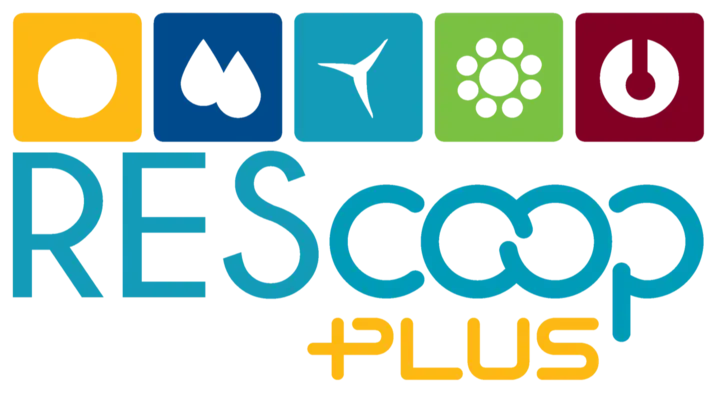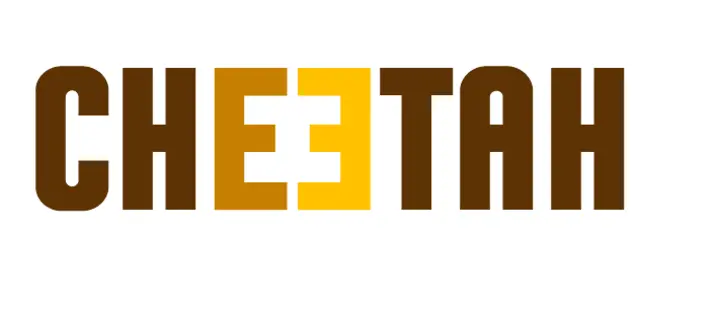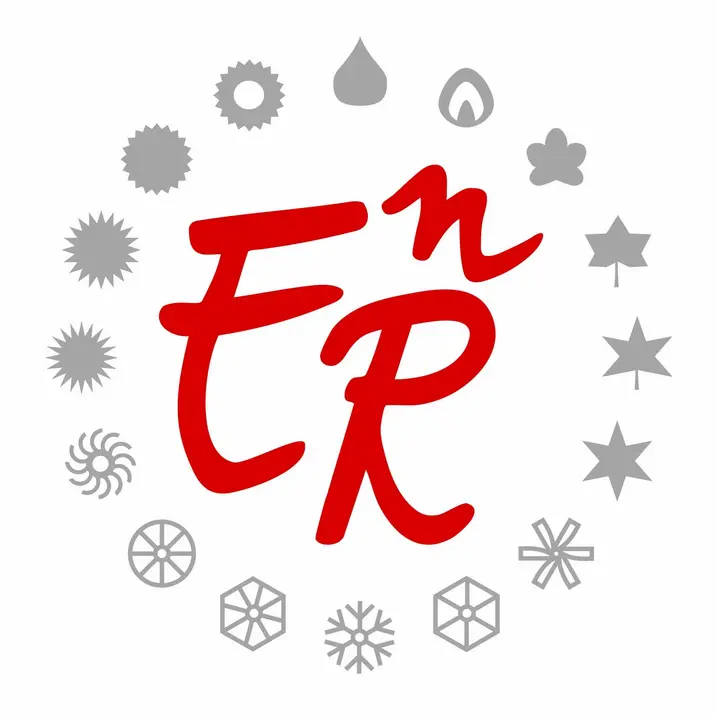Conference: Behave 2018
The 5th European Conference on Behaviour and Energy Efficiency was held from the 5th to the 7th September 2018 in Zurich, Switzerland.
Around 300 visitors and over 200 speakers from 26 countries attended the European “Behave” conference at the ZHAW in Zurich from 5th – 7th September to discuss changes in energy use. The focus of the conference was human behaviour in dealing with new technologies, market mechanisms and political guidelines.
Some facts and figures behind the conference:
- 1 main financial backer
- 4 organising committee members
- + 6 office members
- + 11 extended organising committee members
- 38 scientific committee members
- 200+ submissions (179 accepted)
- 329 participants in total
- 4,459 e-mails
Objectives
Behave aims to facilitate the exchange of knowledge on sustainable energy behaviour in transport, buildings and consumption of goods as well as the individual and social acceptance of sustainable technologies (e.g. renewables). In particular, the conference should act as a platform to share multi-disciplinary research on new technological developments and best practices concerning understanding and influencing energy-related behaviours. Therefore, contributions to Behave 2018 should provide theoretical knowledge, evidence-based research and methods as well as innovative practices related to fostering sustainable energy-behaviour. They can focus on either macro- (countries, regions, cities), meso- (organisations, districts, communities) or micro-levels (individuals, buildings).
Topics
Papers can be submitted on the following subjects. This list is not comprehensive. Other relevant topics may be chosen.
- Behaviour integration into smart grid, energy and transportation modelling
- Demand-side information and management in smart energy and transport systems
- Digitalisation, ICT, automation, and behaviour
- Discourse by and among different actors, such as authorities, consumers, media, intermediaries and stakeholders, and related communication strategies
- Acceptance and use of renewable energies, load shifting and low carbon technologies
- Determinants of behaviour change, consumer segmentation and tailoring, user engagement
- Inter- and transdisciplinary approaches to energy and mobility behaviours
- Psychological and communicative prerequisites of policy change, social and technological innovations
- Energy poverty and vulnerable consumers
- Business models, norms, standards and strategies in determining decisions in the industries
- Policies, innovation initiatives, living labs, interventions, social practices, case and real world studies and their evaluation
- Methodological approaches for investigating energy-related behaviour
Conference schedule
Keynote
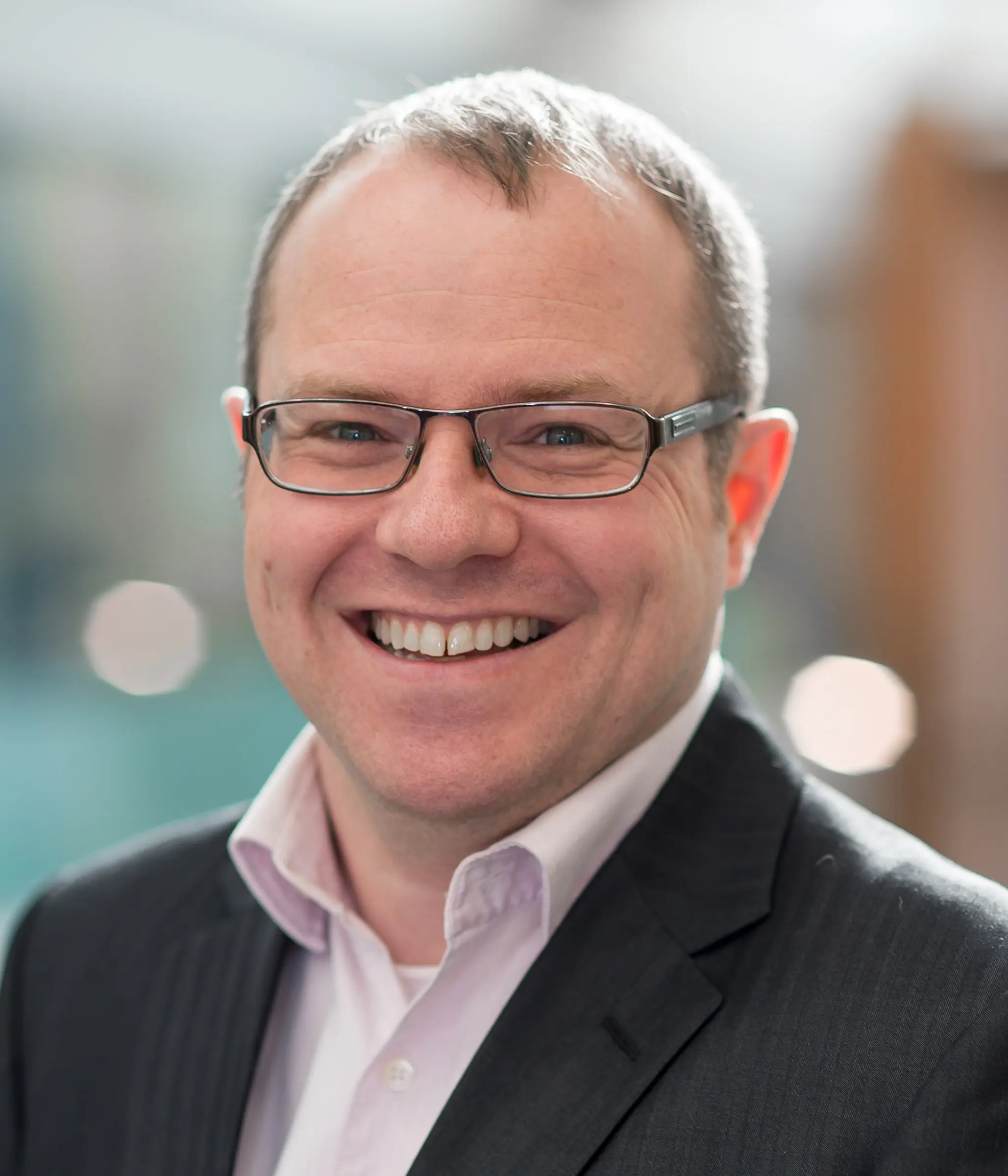
Prof. Dr. Benjamin K. Sovacool
Benjamin Sovacool is Professor of Energy Policy at the University of Sussex in the United Kingdom. There he serves as Director of the Sussex Energy Group and Director of the Center on Innovation and Energy Demand which involves the University of Oxford and University of Manchester. Professor Sovacool works as a researcher and consultant on issues pertaining to energy policy, energy security, climate change mitigation, and climate change adaptation. More specifically, his research focuses on renewable energy and energy efficiency, the politics of large-scale energy infrastructure, designing public policy to improve energy security and access to electricity, and building adaptive capacity to the consequences of climate change.
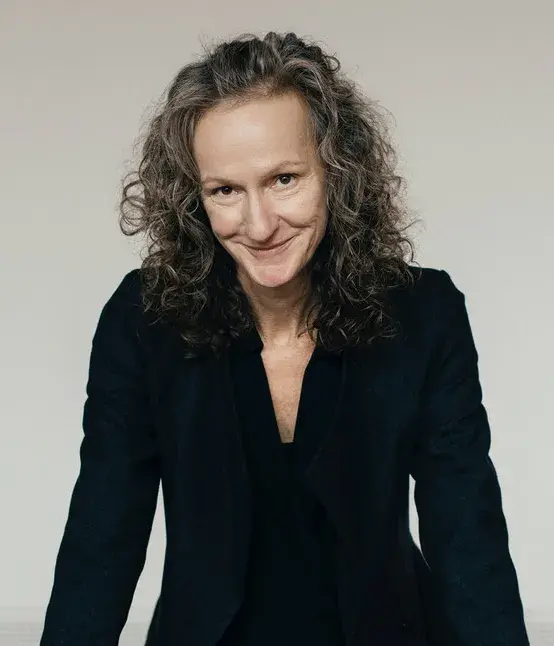
Marianne Zünd
Marianne Zünd is a member of the management board of the Swiss Federal Office of Energy SFOE. There she heads the media & politics division, and acts as chief communication officer. Prior to this assignment, she worked at the Swiss Nuclear Safety Inspectorate ENSI as a manager of Swiss bilateral technical cooperation projects in the field of nuclear safety and of ENSI’s regulatory nuclear safety research program. Before that she was a senior consultant at Amstein + Walthert AG Consulting in Zurich where she established a corporate R&D program and was mandated as deputy managing director of Novatlantis at ETH Zurich. Marianne holds a MSc in Plant Physiology from the University of Bern, a Postgraduate Diploma in Research and Higher Education Policy from the Federal Institute of Technology in Lausanne (EPFL) and is fluent in German, English and French.

Marilyn Mehlmann
A founder member of Legacy17, an international not-for-profit cooperative of leading-edge consultants, practitioners and educators focused on supporting the realisation of the UN’s 17 Sustainable Development Goals. The concept is to curate and make accessible the most effective and appropriate methods and tools for significantly improved impact and scale. Ms Mehlmann has worked in more than 20 countries over several decades. She combines a background in psychosynthesis, empowerment, education, and action research to co-create new methods and tools for community, personal, and professional development, with particular focus on behaviour and lifestyle. Awarded the Rachel Carson Prize 2011– 2012.
Pre-Conference Workshops
Pre-Conference Event on “Delivering a more efficient energy system through energy communities - The REScoop PLUS toolkit”
5 Sept 2018 from 9:00-12:00
Members are reducing their energy consumption upon joining a REScoop. This was conclusion was reached by several European REScoops (Renewable Energy Cooperatives), also known as ‘energy communities’. The REScoop PLUS Project verified this assumption, and aimed to better understand why participating in a REScoop fosters this behavioral change. The project identifies and measures best practices, improve activities to engage citizens in energy efficiency actions. We will present the scientific evidence to support the role of energy communities to encourage efficient behavior change. Finally, we will bring together energy efficiency experts from the REScoops to explain the tools they put in place. To know more: www.rescoop-ee.eu
Pre-Conference Event on “Acceptance Research for the Energy Transition”
SAGUF Annual Conference 2018 in Zurich, 5 Sept 2018 from 13:00-17:00 (conference language: German)
The SAGUF Pre-Conference focuses on the interface between practice and science. The central research question is: Which findings of acceptance research support a transformation towards a sustainable energy future? Acceptance is an important focus of social science energy research. Since 2013, SAGUF's working group on the future of energy has focused on the topic of the social acceptance of renewable energies, their infrastructure and the associated energy systems. In this event, thematic inputs from international speakers will be followed by a World Café with discussions on the presented topics. A Networking-Apéro will close the day. More information on the SAGUF Annual Concerence 2018
Pre-Conference Event on “IEA DSM Task 24 - What 7 years of a global behaviour change research programme taught us about evaluating impacts”
5 Sept 2018 from 13:00-17:00
IEA DSM Task 24, initiated in 2012, is the first global research collaboration focusing on behaviour change in DSM. It aims to provide an overview to the wider systemic issues and to develop hands-on solutions on how to solve them collaboratively. Sometimes the hardest part of a behaviour change program is verifying savings and getting credit for it. Come hear what we learned from project researchers, practitioners, and international best practice and share your own insights and ideas as we tackle the last frontier of behaviour - proving that what we’re doing makes a difference.
For more information see: www.ieadsm.org/task/task-24-phase-2/
Pre-Conference Event on “The Horizon2020 project CHEETAH: Household Energy Efficiency Adoption Behaviour: Integrating Findings From Choice Experiments Into Energy Models”
5 Sept 2018 from 13:00-17:00
This workshop will present findings from a series of representative choice experiments in eight EU countries regarding household energy efficiency investment decisions and discuss their integration in various energy demand models. Incorporating insights from social science theories of decision-making, behaviour and diffusion, and accounting for individual preferences for technology characteristics, responses to policies, individual attitudes and household characteristics in this way, is expected to improve the modelling of technology adoption (appliances, smart thermostats, heating systems, insulation) and of the policy effects (labels, rebates, bonus-malus incentives).
For more information see: www.briskee-cheetah.eu/cheetah/
Pre-Conference Event on “MOBISTYLE and H2020 sister projects: Behavioural change toward energy efficiency through ICT”
5 Sept 2018 from 9:00-12:00
Under the H2020 funding schemes, EU is supporting projects having the common objective to demonstrate that ICT-based solutions can contribute to saving energy by motivating and supporting behavioral change of energy end-users.
Through facilitating open discussions the workshop will adopt a user-centric approach to exchange ideas, share the projects’ lessons learned so far, brainstorm on current and future challenges in the area of ICT solutions encouraging behaviour change, and document actionable new ideas that could help improve the projects’ progress and maximize the European replication impacts.
Interested to know more? Join this half-day session and check on our website: www.mobistyle-project.eu
Pre-Conference Event on «Will peer-to-peer energy trading deliver genuine social benefits in tomorrow’s electricity systems?»
5 Sept 2018 from 10:30-12:00
Peer-to-peer electricity trading presents opportunities for positive social impacts. For example, community schemes could facilitate wider inclusion in community renewable energy projects, with potential for energy donation to support fuel poor neighbours and greater retention of money in the community. However, such benefits will only be realised if factors such as market design and regulation, participation and ownership align to enable them. This panel discussion will highlight the potential social benefits that peer-to-peer trading could bring and identify the main challenges and trade-offs that will be faced in making them reality. It will also present an opportunity to point out risks of unintended consequences and how these could be mitigated. The panellists will be Sarah Darby (U. of Oxford, UK), Noam Bergman (U. of Sussex, UK), Angelo Facchini (IMT, Italy), Yael Parag (IDC, Israel) and Daphne Geelen (Enexis, Netherlands). There will be plenty of opportunity for audience discussion.
For more information on the organisers, UCL Energy Institute PACE Group, see www.ucl.ac.uk/bartlett/energy/PACE
Event "Emissionshandel: Quo Vadis?"
The event „Emissionshandel: Quo Vadis?“ (language: German) is organised by the SAEE and the Zurich Carbon Market Association and will be held from 17:15 to 18:45 on the premises of the Toni-Areal, in parallel with the networking drinks after the pre-conference workshops on 5 September 2018. The event is free for members of the SAEE, the Zurich Carbon Market Association and the participants of the Behave conference. The attendees of this event can join the networking drinks gathering for the pre-conference participants after that.
Venue
The conference will take place on the Campus "Toni-Areal" in the City of Zurich. There are many public transport possibilities to reach the venue either from Zurich Airport or from Zurich main station.
Locationplan
Contact
Feel free to contact the BEHAVE-Committee if you have questions relating to the conference. E-Mail: behave2018@zhaw.ch.
More information about Behave 2018
Organizational and Scientific Partners Behave 2018
The conference is organised by a wide network of organizational and scientific partners.
Presentation guidelines
We kindly ask all presenters to follow presentation guidelines.
Organizational and Scientific Partners Behave 2018
Presentation guidelines
The conference is organised by a wide network of organizational and scientific partners.
We kindly ask all presenters to follow presentation guidelines.
